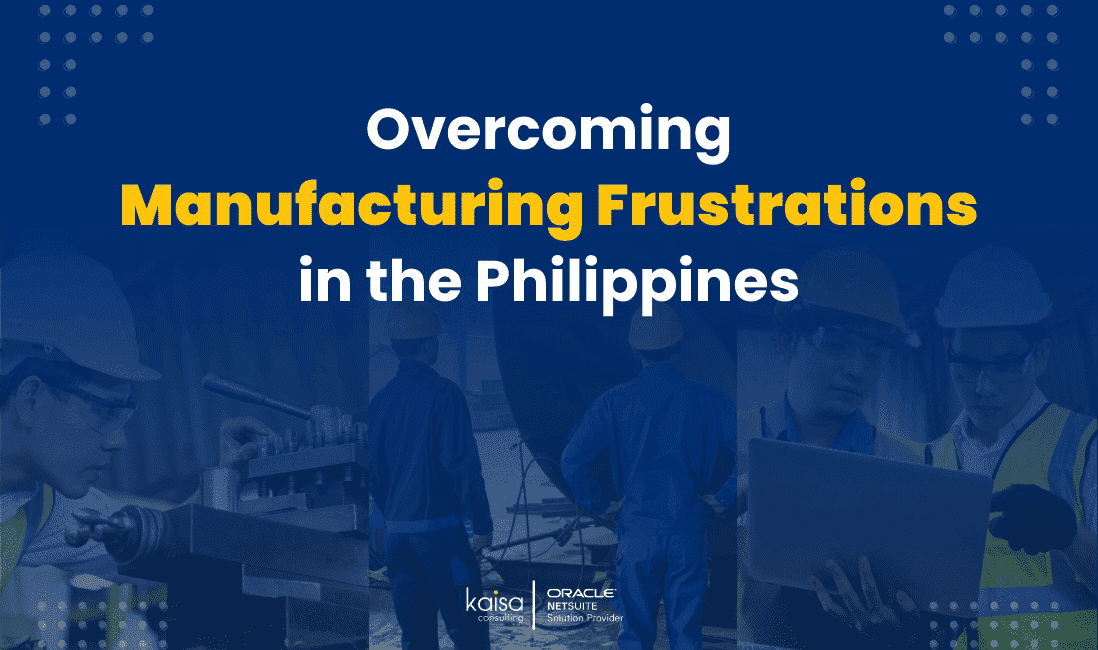Manufacturing in the Philippines is vital to the country’s economy, contributing significantly to its gross domestic product (GDP) and providing numerous employment opportunities. Despite its importance, the sector faces challenges ranging from regulatory complexities to supply chain disruptions and inventory management issues. However, with the right strategies and insights, these obstacles can be overcome, paving the way for sustained growth and prosperity.
Simplifying Regulatory Compliance
Navigating regulations is a significant hurdle for manufacturers in the Philippines. Understanding and adhering to these rules are crucial but can be time-consuming and complex. According to Statista, the Philippines is on its way to becoming an emerging manufacturing hub in Asia, with the sector contributing the highest share of the country’s GDP. Despite this progress, the industry remains import-dependent on raw materials, adding to regulatory challenges.
Boosting Operational Efficiency
Operational inefficiencies, such as manual processes and siloed systems, hinder productivity and profitability. An article from BusinessWorld emphasizes the potential of the manufacturing sector to drive economic growth in the Philippines. With the sector witnessing significant growth and reports of production volume and value increasing, there is an opportunity to enhance operational efficiency and scale operations effectively. Investing in solutions to streamline workflows and optimize operations is crucial to maximizing output and minimizing downtime.
Mitigating Supply Chain Risks
Supply chain disruptions pose a constant threat to manufacturing operations. Deloitte highlights the importance of reducing corruption and investing in infrastructure to ensure sustained growth in the sector. Despite challenges, the Philippines is poised to be one of the region’s growth leaders, with key industries like manufacturing projected to drive economic growth. By leveraging data analytics and predictive tools, manufacturers can gain visibility and control over their supply chains, enabling them to identify vulnerabilities and implement contingency plans effectively.
Empowering Workforce Development
Skilled labor shortages remain a pressing concern for manufacturers. To address this challenge, investments in infrastructure, workforce, and knowledge capital are necessary. Deloitte underscores the importance of reducing unemployment and implementing policies to improve the business climate. With the right initiatives, a fully developed manufacturing sector can provide a stable and secure economy, meeting the growing demands of consumers and fostering innovation.
In conclusion, the manufacturing sector in the Philippines holds immense potential for growth and innovation. By addressing regulatory complexities, enhancing operational efficiency, mitigating supply chain risks, managing inventory efficiently together and empowering workforce development, manufacturers can overcome frustrations and unlock opportunities for success. Kaisa Consulting offers comprehensive solutions to streamline manufacturing operations, including NetSuite ERP. Contact us today to learn more about how we can help transform your business and drive success in the Philippine manufacturing landscape.

